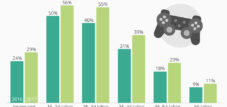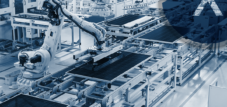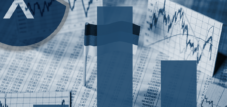Sensors and measurement technology in Germany: A key industry for innovation and precision is growing
Language selection 📢
Published on: July 18, 2024 / Update from: July 18, 2024 - Author: Konrad Wolfenstein
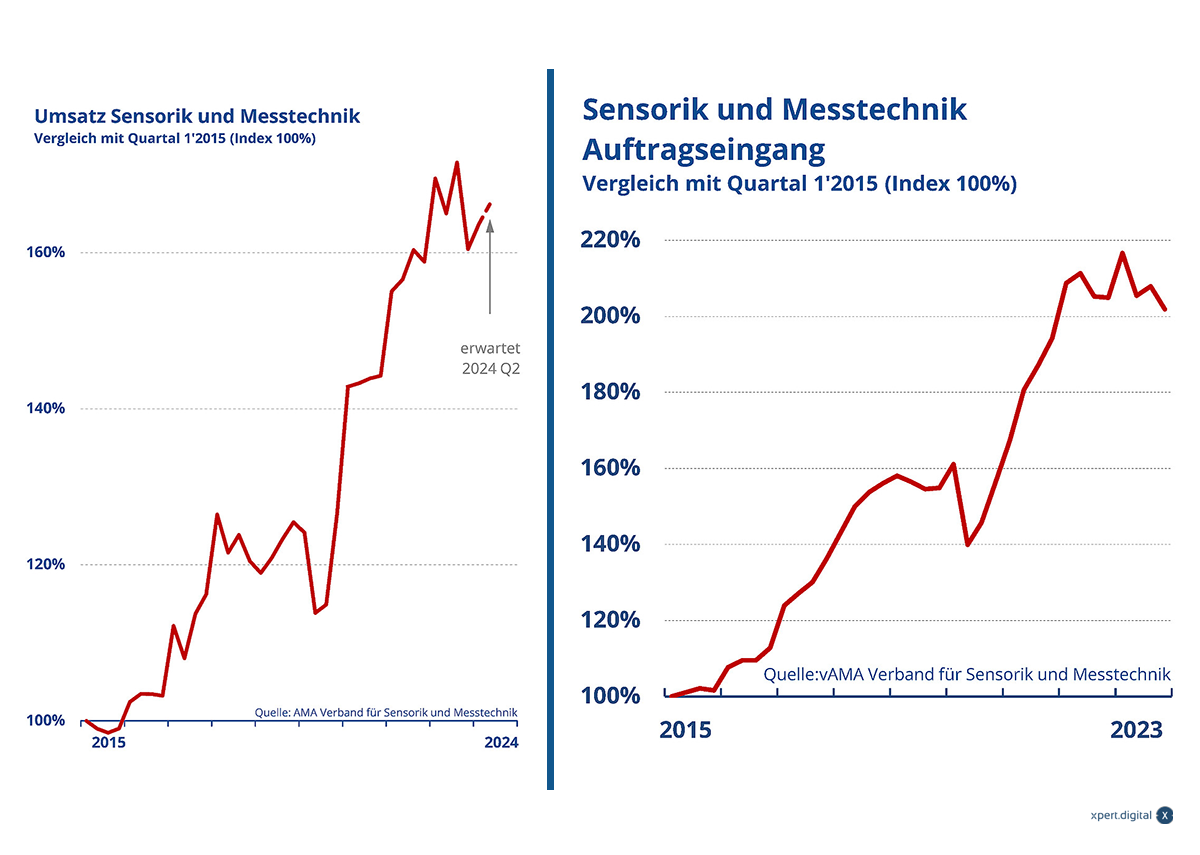
Sensors and measurement technology in Germany: A key industry for innovation and precision is growing
🤖 Sensor and measurement technology continues to grow: positive forecasts in the second quarter
🌟📈 The AMA Association for Sensors and Measurement Technology conducts quarterly surveys on the economic situation among its 450 members. In the first quarter, the industry achieved a sales increase of two percent compared to the previous quarter. At the beginning of the year there was a nine percent increase in incoming orders compared to the previous quarter. These positive developments are reflected in the forecast of the AMA members, who expect further sales growth of two percent for the second quarter.
The increase in sales and the increase in incoming orders lead to a stable book-to-bill ratio of 1 in the first quarter. This ratio is considered an indicator of the medium-term trend in the order situation and is defined as the ratio of incoming orders to sales in the same period.
In contrast, the ifo Institute reports a deterioration in sentiment in the German economy as a whole. This negative assessment mainly results from companies' pessimistic expectations for the coming months. While the assessments of the current situation remained unchanged, the German economy continues to struggle to overcome the existing stagnation. In the manufacturing sector in particular, companies were more skeptical about the coming months, particularly due to a falling order backlog.
The different developments in the overall economy and the sensor and measurement technology industry underline the importance of specialized sectors as drivers of economic growth and stability.
“The positive results of our survey show that sensor and measurement technology is currently stable and future-oriented,” says Thomas Simmons, Managing Director of the AMA Association. “Our members remain optimistic and expect slight growth in the second quarter. Sensors are an indispensable part of technical innovations and digitalization.”
🌍 Importance of sensors and measurement technology for the German economy
Sensors and measurement technology are indispensable components for numerous industries and areas, ranging from automation and robotics to environmental protection and health technology. These technologies not only enable precise measurements and data acquisition, but also the control and optimization of complex systems.
Industry 4.0 and automation
One of the main applications of sensors is Industry 4.0, a term that describes the fourth industrial revolution. This revolution is characterized by the integration of information and communication technologies into industrial production. Sensors play a crucial role here: They collect data in real time and thus enable the control and optimization of production processes. This continuous data analysis leads to increased efficiency, cost reductions and higher product quality.
Healthcare and medical technology
In the healthcare sector, sensors ensure precise diagnoses and individually tailored treatment methods. From monitoring vital functions to intelligent prostheses – the possible uses are diverse. Particularly in medical technology, precise and reliable measurements are essential for patient safety and treatment success.
Environmental protection and sustainability
Sensors also play an important role in the area of environmental protection and sustainability. They help monitor environmental parameters such as air and water quality, soil conditions and weather conditions. This data is essential for analyzing environmental problems and developing strategies to improve and conserve our natural resources.
🌐 Technological developments and innovations
The sensor and measurement technology industry is strongly characterized by technological innovations. Advances in materials science, microelectronics and information technology have led to the development of ever smaller, more powerful and more cost-effective sensors.
Internet of Things (IoT)
One of the most important trends is the Internet of Things (IoT). IoT refers to the networking of devices and systems via the Internet, which enables continuous communication and data transfer. Sensors are the backbone of the IoT as they collect and forward the necessary data. Examples range from smart homes that use energy efficiently and integrate security systems to smart cities that optimize transportation and infrastructure systems.
Artificial Intelligence (AI)
Another trend is the integration of artificial intelligence (AI) into sensor systems. AI makes it possible to analyze the data collected and identify patterns that can be used for more precise predictions and automated decisions. This combination of sensors and AI is particularly important in predictive maintenance, where machines and systems are monitored to predict failures and initiate maintenance measures in a timely manner.
📊 Economic benefits and challenges
The economic advantages of sensors and measurement technology are enormous. Increases in efficiency and quality improvements in production lead to competitive advantages and cost savings. New business areas and areas of application are continually emerging, which contributes to the steady growth of the industry.
Global competition
Despite the positive development, the industry also faces challenges. Global competition is intense and innovation cycles are short. Companies must continually invest in research and development to remain competitive. Cooperations with research institutes and universities play an important role.
Shortage of skilled workers
One of the biggest challenges is the shortage of skilled workers. Highly qualified employees are essential for the development and implementation of new technologies. The industry therefore continually needs well-trained specialists in the areas of engineering, computer science and natural sciences.
Digitalization and cybersecurity
With increasing digitalization, the risk of cyber attacks also increases. Sensor data is often sensitive and can be the target of hacker attacks. That's why cybersecurity is another important area that companies need to invest in to protect their systems and data.
🔮 Future prospects and potential
The future prospects for sensor technology and measurement technology in Germany are promising. Innovative strength and a strong research landscape offer a solid basis for further growth. In particular, developments in the areas of artificial intelligence, the Internet of Things and Industry 4.0 will provide new impetus and further increase the importance of sensor technology and measurement technology.
Sustainable energy and environmental protection
In the increasingly sustainability-oriented world, sensor technology plays a key role. Technologies for monitoring and optimizing energy consumption and reducing emissions are becoming increasingly important. This opens up new business opportunities that also make a positive contribution to environmental protection.
Medicine and health
The potential is also enormous in the healthcare sector. The aging population and the need for individualized medical solutions offer numerous application possibilities for new sensor and measurement technology products. From telemedicine to wearable health monitors, the possibilities are diverse and promising.
Sensors and measurement technology represent a key industry for technological innovation and economic stability in Germany. The constant progress and the broad applicability of these technologies ensure a successful future for the industry. The positive economic indicators and the optimistic forecasts of the AMA members are a strong sign of the robust and future-oriented direction of the industry.
📣 Similar topics
- 📊 Economic development of the sensor industry 🚀
- 📈 AMA survey shows sales growth 🌱
- 🔍 Order intake increased by 9% 📊
- 📉 Discrepancy between the overall economy and sensor technology 🔄
- 🌍 Importance of sensor technology for Industry 4.0 🤖
- 👩⚕️ Contribution of sensor technology to medical technology ❤️
- 🌱 Environmental protection through sensors and measurement technology 📉
- 💡 Innovations in the sensor industry 🚀
- 🛡️ Cybersecurity in sensor technology: important and necessary 🔐
- 📉 Challenges and opportunities of sensor technology 🔄
#️⃣ Hashtags: #Sensors #Economy #Innovation #Environmental Protection #Medical Technology
☑️☑️ Sensor technology and industrial sensors convert to 2D matrix code: The conversion of sensors and scanners with parallel barcode/barcode support
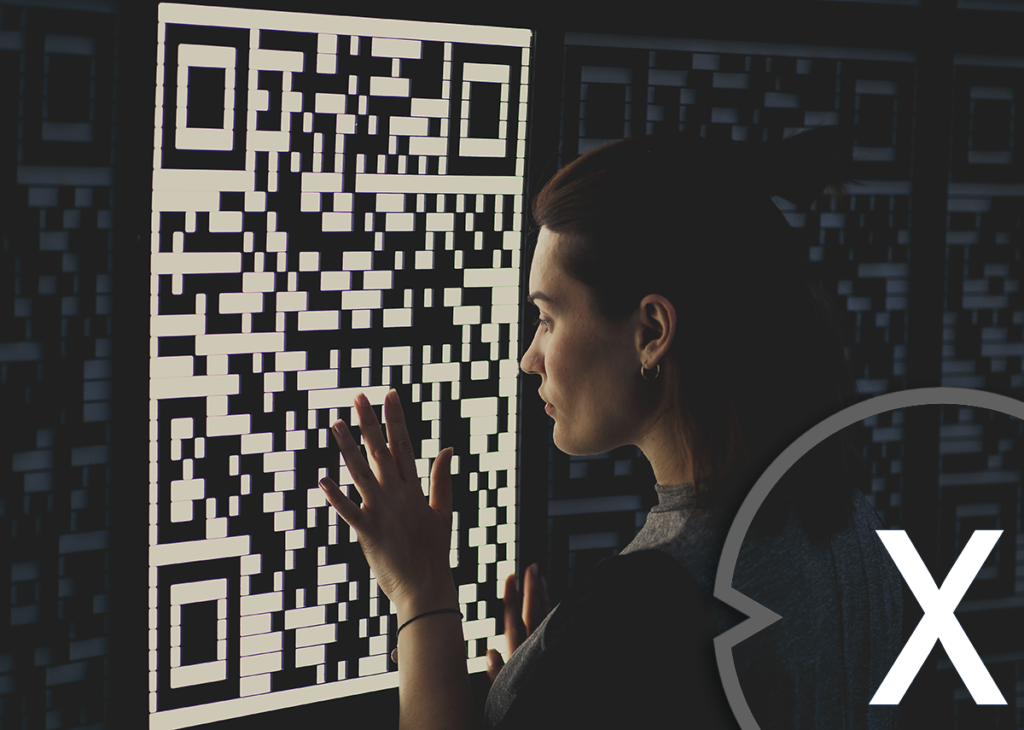
Converting to 2D matrix code: The conversion of sensors and scanners with parallel barcode/barcode support - Image: Xpert.Digital / Pavel Korsakov|Shutterstock.com
The ongoing development of technology will lead to the switch to 2D matrix codes in 2027, which offers significant advantages compared to traditional barcodes/barcodes. However, moving to 2D matrix code requires adapting sensors and scanners that are widely used in various industries and applications. Here we consider the challenges and opportunities of converting sensors and scanners to 2D matrix code, taking into account a transition period in which both options exist in parallel.
More about it here:
We are there for you - advice - planning - implementation - project management
☑️ Industry expert, here with his own Xpert.Digital industry hub with over 2,500 specialist articles
I would be happy to serve as your personal advisor.
You can contact me by filling out the contact form below or simply call me on +49 89 89 674 804 (Munich) .
I'm looking forward to our joint project.
Xpert.Digital - Konrad Wolfenstein
Xpert.Digital is a hub for industry with a focus on digitalization, mechanical engineering, logistics/intralogistics and photovoltaics.
With our 360° business development solution, we support well-known companies from new business to after sales.
Market intelligence, smarketing, marketing automation, content development, PR, mail campaigns, personalized social media and lead nurturing are part of our digital tools.
You can find out more at: www.xpert.digital - www.xpert.solar - www.xpert.plus









